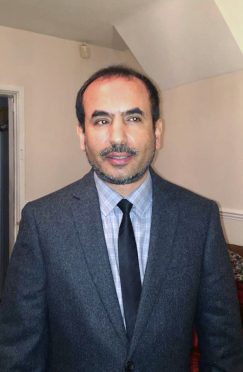Tag: Saeed
-

Salah A Cornerstone Of Self Care
I would like to begin this message regarding self-care with a narration from the Prophet (SAW) and two of his Companions (May Allah SWT be pleased with them all). In the story there are lessons for us and the importance of self-care in every Muslim’s life, how to develop a work-life-balance and learn the practice…